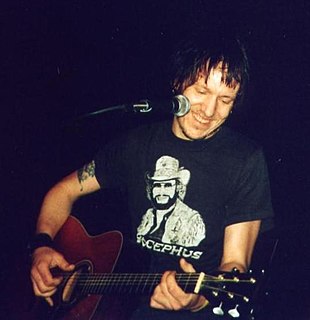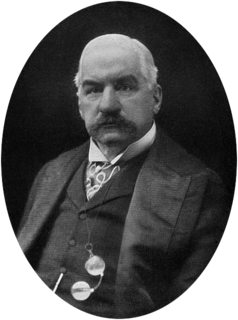A Quote by Garrett Hardin
Using the commons as a cesspool does not harm the general public under frontier conditions, because there is no public, the same behavior in a metropolis is unbearable.
Related Quotes
Think of a public library, worth more for those who cannot afford numerous books. Think of a public waterway or fishing ground. All types of commons have imputed monetary value that together comprise a source of social income. As such, the commons reduces economic inequality and insecurity in society.
In effective, sustained citizen action, people learn the skills of public life with which to act effectively. "Commons," or the common wealth-the public goods that are objects of sustainable public action-become not only occasions for collaboration by invaluable sources of citizen education in their own right because they are the occasions for learning such skills.
Don't talk to me about appealing to the public. I am done with the public, for the present anyway. The public reads the headlines and that is all. The story itself is fair and shows the facts. That would be all right if the public read the facts. But it does not. It reads the headlines and listens to the demagogues and that's the stuff public opinion is made of.
Philosophers feel a little more cautious about letting down their technical guard lest the general public doesn't recognize their special credentials. It's the fact that philosophy is of general interest that, paradoxically, keeps philosophers from wanting to speak in a way that's accessible to the general public.
Without general elections, without unrestricted freedom of press and assembly, without a free struggle of opinion, life dies out in every public institution, becomes a mere semblance of life, in which only the bureaucracy remains as the active element. Public life gradually falls asleep, a few dozen party leaders of inexhaustible energy and boundless experience direct and rule. Such conditions must inevitably cause a brutalization of public life: attempted assassinations, shootings of hostages, etc.
There is a connection, hard to explain logically but easy to feel, between achievement in public life and progress in the arts. The age of Pericles was also the age of Phidias. The age of Lorenzo de Medici was also the age of Leonardo da Vinci. The age of Elizabeth was also the age of Shakespeare. And the New Frontier for which I campaign in public life, can also be a New Frontier for American art.





































